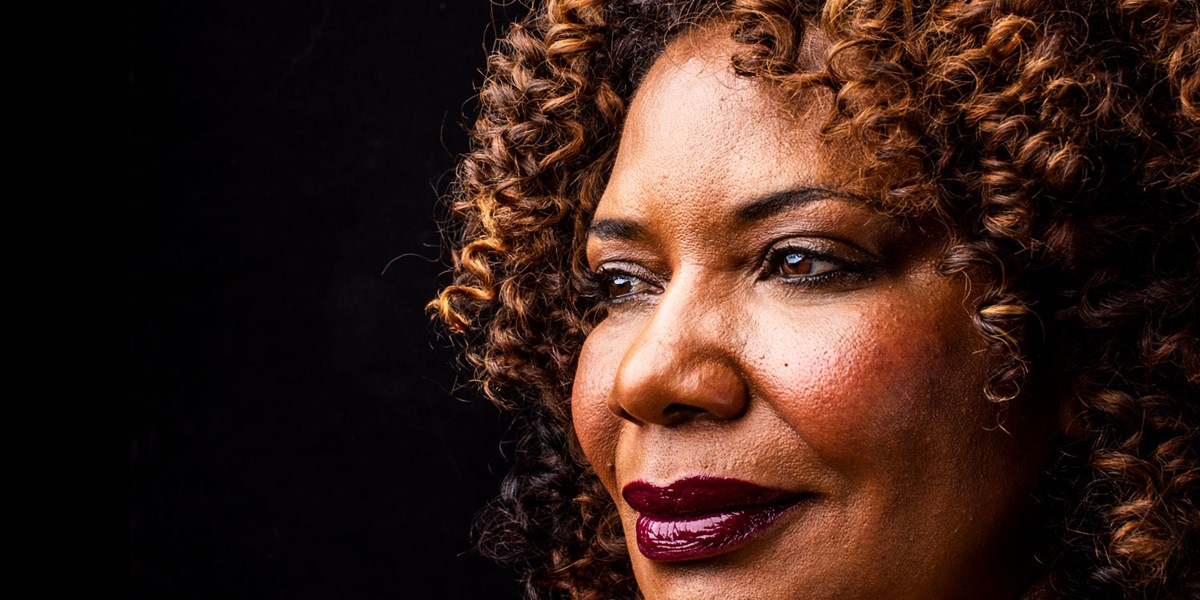Friday, May 10, 2024
Margareth Menezes: from Carnival Queen to Brazil's Minister of Culture
By Oleno Netto
Margareth Menezes, an icon of Afro-Brazilian music and Salvador’s carnival, talks to Oleno Netto about her European tour and her plans as Brazil’s new Minister of Culture

Margareth Menezes (photo: Jose de Holanda)

Register now to continue reading

Thanks for visiting the Songlines website, your guide to an extraordinary world of music and culture. Sign up for a free account now to enjoy:
- Free access to 2 subscriber-only articles and album reviews every month
- Unlimited access to our news and awards pages
- Our regular email newsletters

